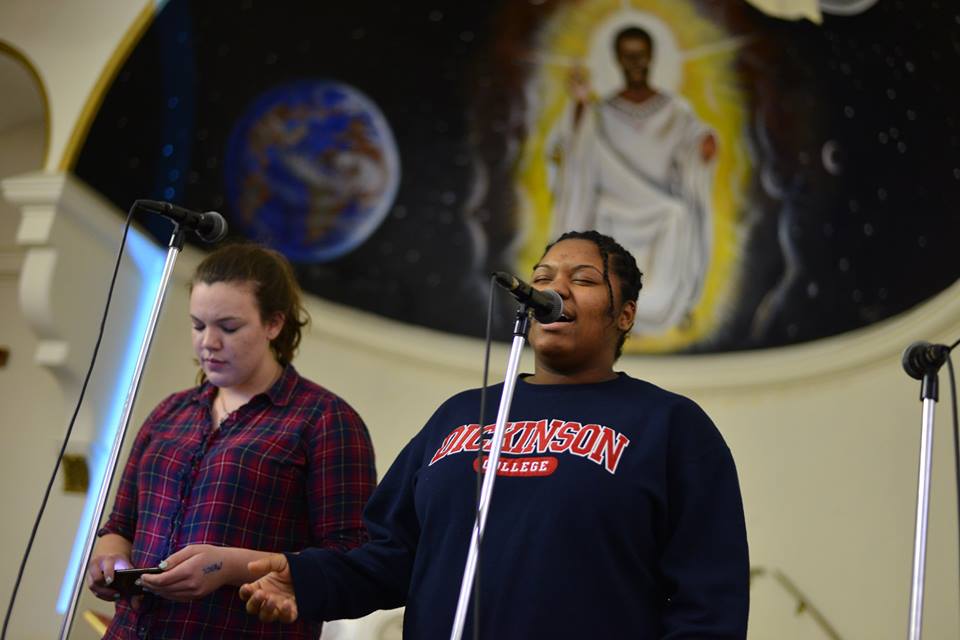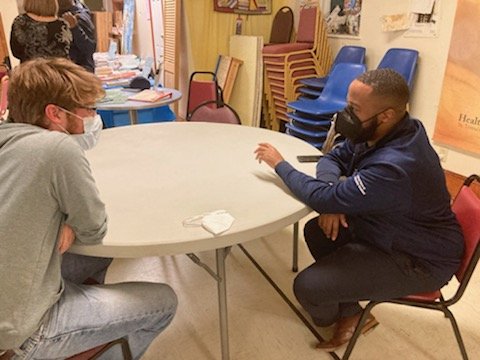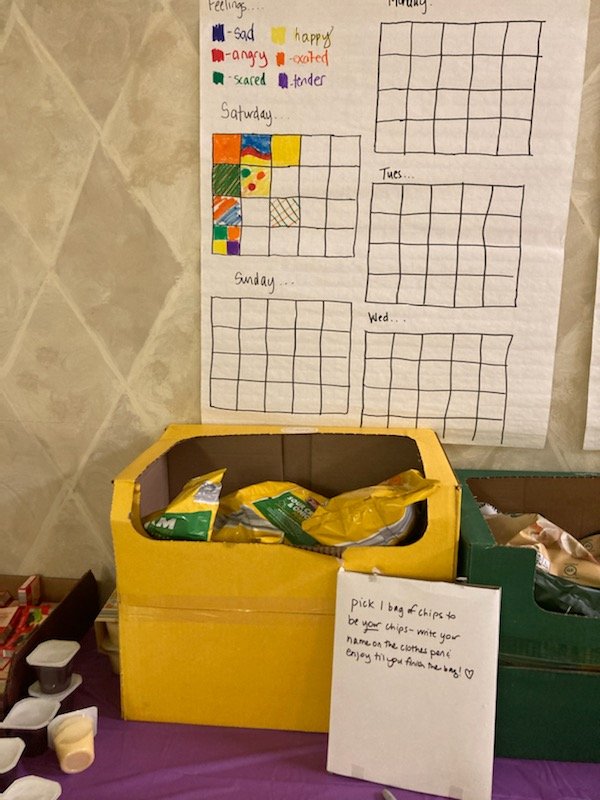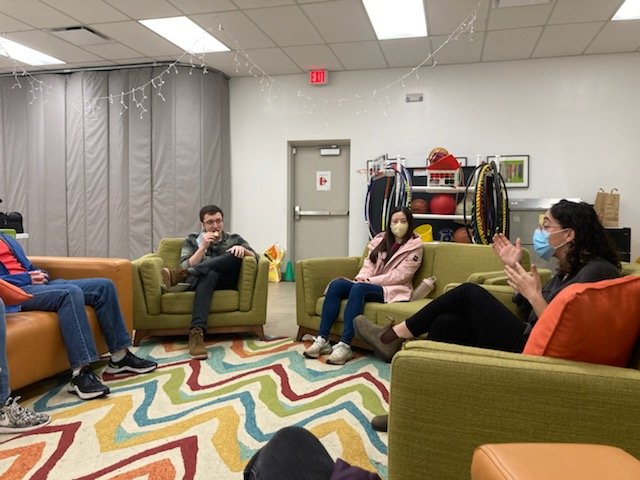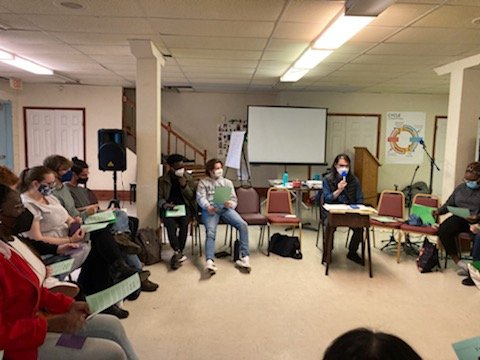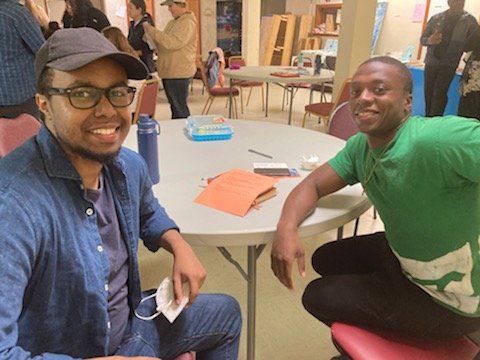Justice Programs
“Placing college students in local communities and neighborhoods to learn how to live the gospel as good neighbors.”
“You shall love the Lord your God with all your heart, and with all your soul, and with all your strength, and with all your mind; and your neighbor as yourself.” Jesus replied…do this, and you will live.”
- Luke 10 -
“You shall love the Lord your God with all your heart, and with all your soul, and with all your strength, and with all your mind; and your neighbor as yourself.” Jesus replied…do this, and you will live.” - Luke 10 -
Our Programs
D.C. Plunge
Bridge D.C.
Our Values
Biblical Justice
We believe that justice (defined many ways but for us, things being as they should be, where all people are allowed to flourish as God would intend) is a concept deeply rooted in the character of God and the witness of the scriptures, both the Hebrew scriptures and the New Testament.
The scriptures provide a unique vision, imagination, and inspiration for justice. While often very similar to the things we see in secular activism, we will engage justice using scripture. During our programs we will engage deeply with a few scriptures as examples for how we see Jesus’ value for justice.
Students return to campus with a more holistic gospel vision and a sense that everything under creation matters to a loving God.
Submission and Deep Partnership
As a campus ministry that often represents people of power and privilege, our posture matters a lot as we enter communities that have experienced marginalization.
Therefore, we come seeking to submit to local leadership. These community leaders have oversight and speak regularly into our program content and vision. Our team is engaged with our key partners throughout the year, continually refining how our programming can be more inclusive and how InterVarsity can be good visitors when we enter neighborhoods and communities. We seek God’s grace, humbly repent, and seek to do better when we fail.
Students return to campus with embodied understanding of the privilege of being a college student. We will also discuss what submission and deep partnership look like for evangelism on campus as key skills for trust building.
Proximity
We believe nearness and relationships are central to both understanding and dismantling injustice.
Jesus came to be in close relationship, drawing near to the hurting and broken. We draw from the work of Bryan Stevenson who teaches that “We must get “proximate” to suffering and understand the nuanced experiences of those who suffer from and experience inequality...if you are willing to get closer to people who are suffering, you will find the power to change the world.”
Students return to campus with a renewed passion to draw close to people experiencing suffering or injustice on campus, practically equipped to love well.
Truth-Telling
We believe, as the scriptures teach, that the truth will set us free.
We say this acknowledging that often around issues of injustice or the history of racism in the United States, there has not been a lot of truth-telling. Often the church has participated in propping up the powerful or benefitting from white supremacy. In order for the church or us as individuals to experience Jesus’ healing and restoration, we must be honest.
This honesty can take many forms. For some, we seek repentance and joining Jesus’ movement for change and restoration in the world. For others, Jesus offers healing for the ways we’ve been harmed by systems of injustice and empowers us to be change agents in Jesus’ work of restoration.
Students return to campus unafraid to name sin and brokenness in themselves and their community and seek God’s wholeness and righteousness.
Questions:
Contact director Kate Denson, kate.denson@intervarsity.org


